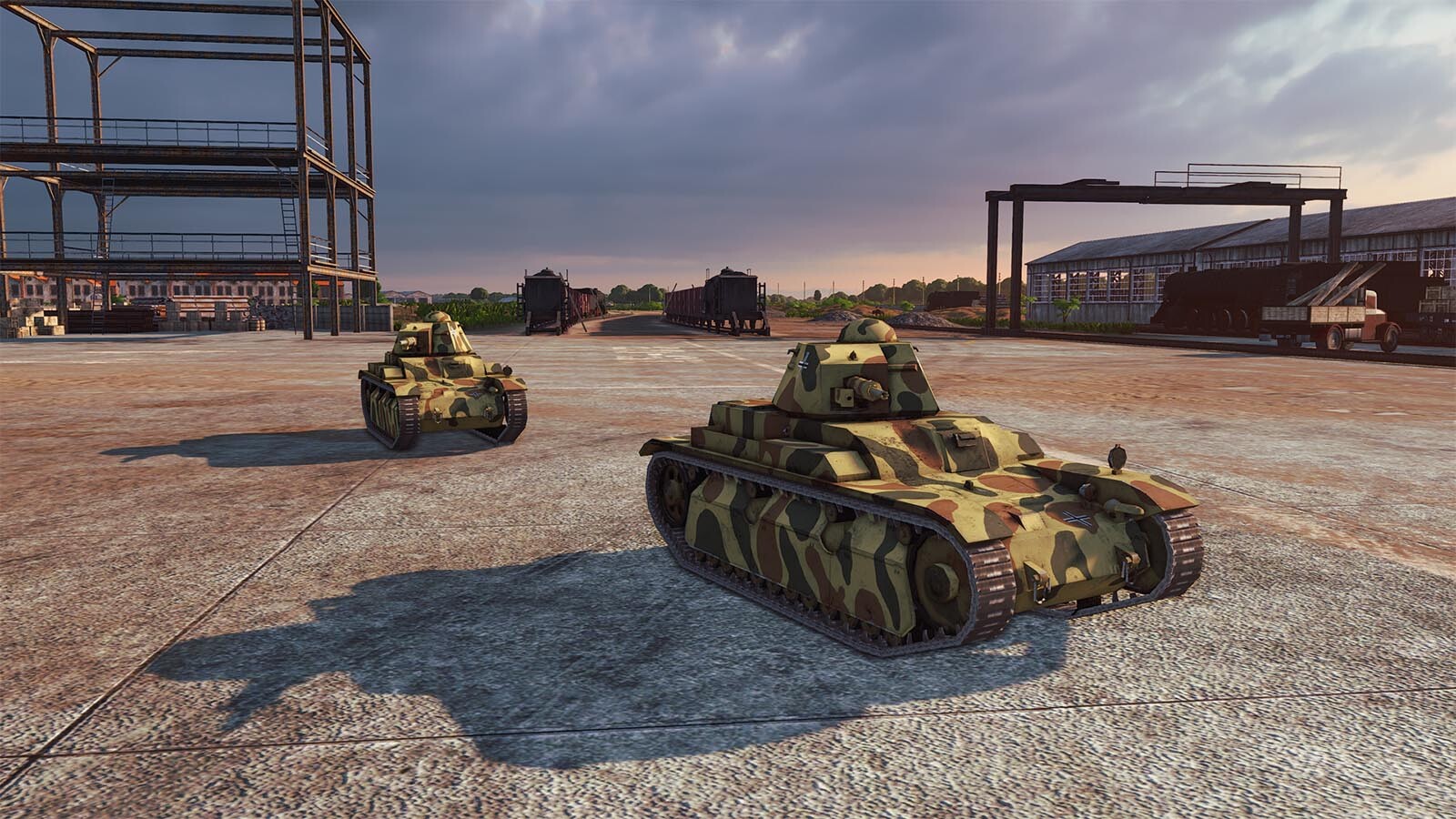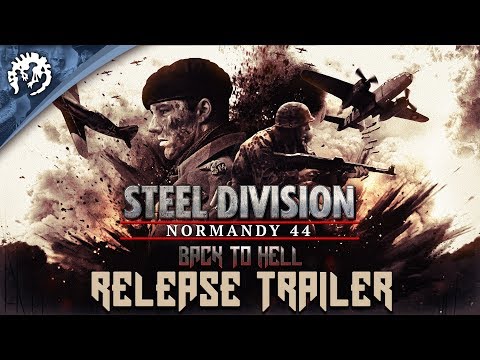


You can't succeed without recon units, as you'll be blind, deaf, and at the mercy of enemies who do use them.
 Recon is exactly what it says on the tin.
Recon is exactly what it says on the tin. 
Combined arms is key: Infantry covers tanks as they engage enemy forces, while artillery suppresses attackers and air force/anti-air protects them from airborne attacks, for example. Every unit type has its tactical niche and should be used according to its strengths.
There are several unit types in Steel Division and none are inherently superior. In the center is an M3 command vehicle safely hidden in the orchard, supporting an M4A1 DD (amphibious M4A1) as it fires on the enemy. M4A1 tanks remain back to support the advance. Certain types of units do not affect the frontline, so keep that in mind.Ī number of American units engaging an Axis skirmishing force. Finally, maps feature a shifting frontline that not only provides a helpful guideline for tracking enemy movements (in general, if it bulges out, someone is up to no good and you might want to take care of it). When starting out, using the auto-fill battlegroup option, it is a good way to get a feel for the division you selected. In each phase you get a limited amount of units to deploy, based on the battlegroup you've created. Phase (C) unlocks all the heaviest units for a full scale battle. Phase (B) unlocks medium units to engage the enemy and try to push the frontline. Phase (A) involves light units looking for the enemy & securing key positions. Unlike most tactical games, Steel Division includes three distinct phases for every battle: 1v1 games can - and will - overwhelm you if you head into them without preparation. Set the maximum possible amount of players your computer can handle, set the starting resources to 250 DP and play it slowly. To familiarize yourself with the game, play skirmish a lot. Steel Division, like World War II RTS Company of Heroes, emphasizes use of tactics and combined arms. In this situation, they do not lose suppression (unless they are airborne units). Notably, this is an untenable position, as cutting the salient off with a thrust will encircle the enemy tanks. In this case, the Allies created a salient close to the Axis home base, denying one of the reinforcement routes and threatening the left flank. Blue represents your own forces, red the enemy's.








 0 kommentar(er)
0 kommentar(er)
